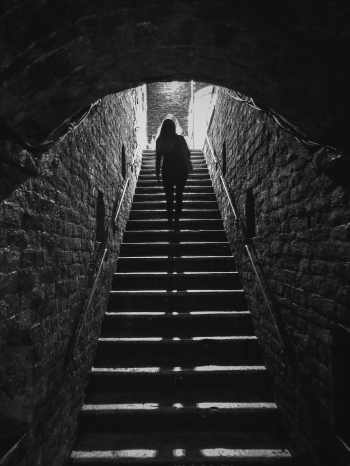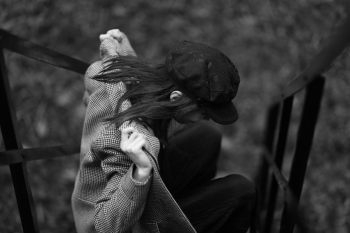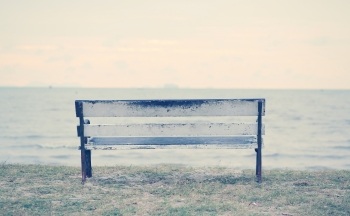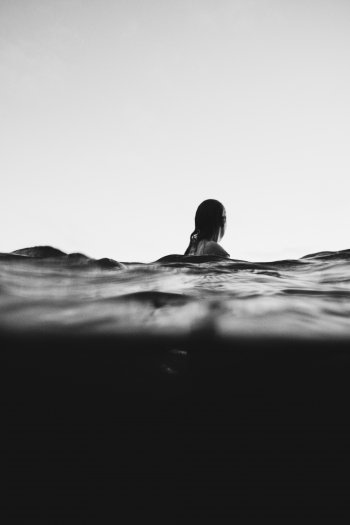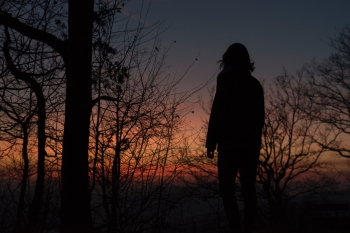
2022 (41)
My hope is to offer encouragement to writers as well as to those who simply love to read. You will find snippets of things I am working on and special announcements here.
Lay hold of your freedom, dear heart.~Quote from my book, The Light By Which We See
Things come to me. Like last week. A friend gave me a turquoise and white mug. On its side I read the words, "Go Where You Feel Most Alive." My friend's loving and kind eyes shone when she gave the cup to me. "You can drink your hazelnut coffee in it when you sit down to write." I haven't stopped thinking about the words on the side of the mug. It was an invitation to think about what makes me feel most alive. I thought of the things that don't make me feel alive--too much scrolling on the internet, comparing myself to others who are more beautiful or talented or both, watching life-sapping movies or reading overly dark books, putting pressure on myself to do what I "should" do. People pleasing. "So where do you feel most alive?" I asked myself. I remembered when I began to lay hold of the answer. It came in a dream I had in a hotel room when Giovanni and I traveled to Barcelona, Spain. Room 1614.
I wrote about the experience in my latest book, The Light By Which We See. The cover design was inspired by the encounter in Barcelona.
In the dream, I stopped to look in a mirror and noticed a long hair coming from my eyebrow. I plucked the hair out. But as I looked closer in the mirror, I noticed a minute hole in my skin where the hair had been removed. There was a piece of thread that I could see inside the opening, and I began to pull at it. When I tugged, streams and streams of gauzy fabric began to flow out. I was determined to yank out all the material emerging from that narrow exit. And when the end finally came, I looked down. Mounds of soft, ugly, gray cloth lay at my feet. I observed a faint plaid design in the textile.
Empathy comes from the Greek empatheia--em (into) and pathos (feeling)--a penetration, a kind of travel. It suggests you enter another person's pain as you'd enter another country, through immigration and customs, border crossing by way of query: What grows where you are? What are the laws? What animals graze there?~Leslie Jamison (From The Empathy Exams)
Lizzie Velasquez opened her laptop on a regular day after school. Her mind couldn't fathom the horrific nature of what she discovered. A post declared Lizzie "The Ugliest Woman In The World." Comments ranged from "You should put a bag over your head and put the world out of its misery," to "You just need to go and shoot yourself." The post had over four million views. At that point, LIzzie Valasquez was a teenager living with a genetic disease so baffling and rare, multiple doctors could not diagnose the condition. She was born at 2 lbs 10 oz. The doctors told her parents, "She'll never walk, she'll never talk. She'll be a vegetable." But LIzzie's parents said, "She's ours. We'll take her home and love her." LIzzie grew up to walk and talk and do well in school. The love and unconditional positive regard in her home became foundational to her identity.
It was like trying to dress every morning for the weather in a nation we had never heard of.~Kathryn Schulz (From Lost And Found)
There is a scientific term for a broken heart. According to Florence Williams in her book, Heartbreak, it's called Takotsubo cardiomyopathy. The author states that in 1990 Japanese researchers used new imaging technology to reveal "an unexpected signature of illness." In Takotsubo patients seem to be having a heart attack. However Ms. Williams writes, "What makes these attacks different is that the arteries are free from the typical blockages that cause cardiac failure. Instead, a portion of the left ventricle--the heart's main pumping chamber--wildly under performs, causing it to balloon in compensation. No longer a neat fist, the heart now sprouts a weird distension like an overeager blister. Doctors named the condition Takotsubo after the Japanese lobster trap, which has a narrow neck and bulbous head. In this kind of cardiac event, the heart cells don't necessarily die, but they give up for while...Case literature of Takotsubo patients include recent widows, women whose children or pets just died, and people undergoing other extreme stressors." In 2006 the American Heart Association formally recognized the condition.
Giving up for a while resonates. The heart shouting its imperative amidst the cacophony. "No more."
Some of us come here because we are injured, and need to heal. We suffer from bad backs, fallen arches, shattered dreams, broken hearts, anxiety, melancholia, anhedonia, the usual above ground afflictions...up above there are wildfires, smog alerts, epic droughts, paper jams, teachers' strikes, insurrections, revolutions, blisteringly hot days that never let up.~Julie Otsuka (From The Swimmers)
The above quote is from a book about people who go regularly to a community swimming pool to escape from life stressors, from overthinking, from the weight of their bodies and the weight of the world. When they enter the cool, blue water and begin to swim, it's almost as if their bodies take flight, their spirits rise, now untrammeled by the world's chaotic heaviness.
As I ponder the exultation I've felt when swimming, the freedom in the water, I thought of what we are remembering over these next days--the events of Holy Week. When Jesus gathers His disciples and tells them He chooses to follow through with His mission and go to the cross. His disciples are fearful. No, more than fearful. They are terrified. Confused. They don't want Him to suffer. Then they witness His horrible, ghastly, brutal murder. They are distraught. Traumatized. They defect. Scatter. What will they do now that their beloved leader is dead?
The Days That Don't Asked To Be Remembered
Written by Priscilla K. GarattiThe sun had shifted and it wasn't anymore the white light of early afternoon that has no trace of melancholy, the short shadows of noon skies, the blared-out blues, the flaccid clouds, the time of day that doesn't ask to be remembered. Now oranges were emerging and the thistles could be distinguished among the taller grasses as the shadows lengthened.~Amy Seek (From God And Jetfire)
You never know what you'll find at the Dollar Tree. I'm partial to the package of ten 32-count diamond "strike on box matches" for the candles I like to burn. I also like the "Little Trees" black ice-scented air fresheners that I hang in my car, package of three. Flashlights and gorilla glue, lip gloss and Sour Patch Kids. What really amazes me though, are the books I find--hardbacks with paper covers, published by Alfred A. Knopf with a retail value of $25 US and $34 Canada. And there they are in the very back of the Dollar Tree buried on an obscure shelf next to the children's coloring books and neon-pink jump ropes. I sometimes wonder what the author with a PhD in Social Anthropology from University College London, and an honorary fellow of the London School of Economics and St. Antony's College, Oxford, would think if she knew her words landed in the back of a Dollar Tree in South Carolina. Would she feel humiliated? Or would she be pleased that such a gorgeous treasure is available to a Dollar Tree customer such as myself?
